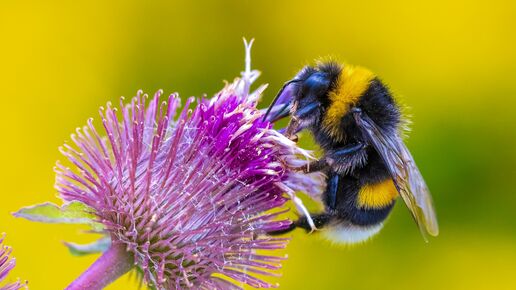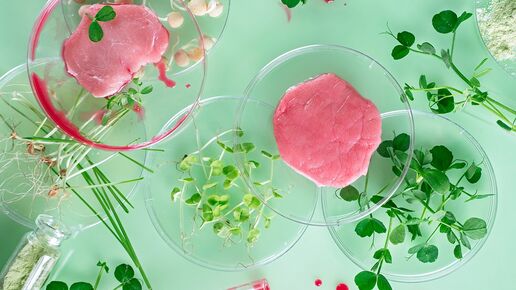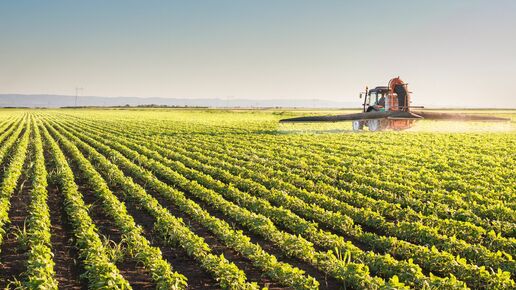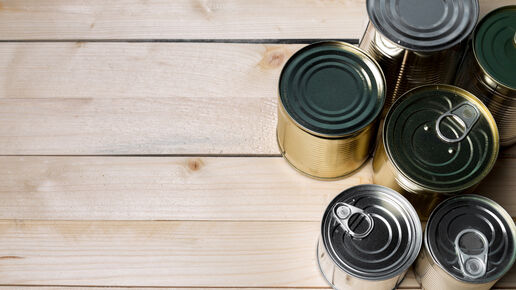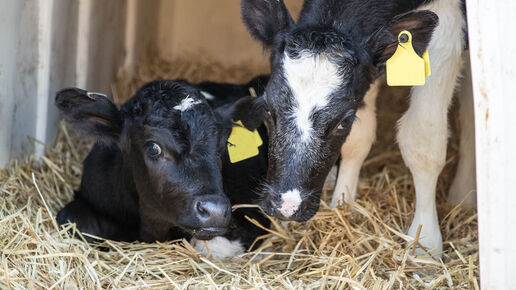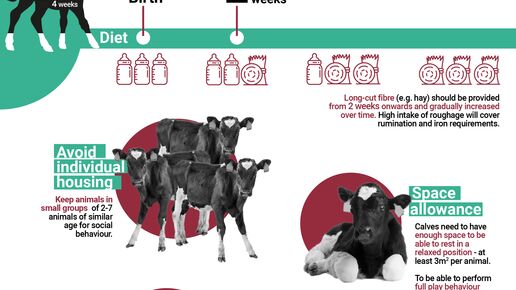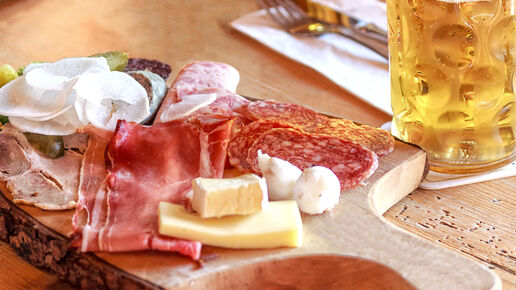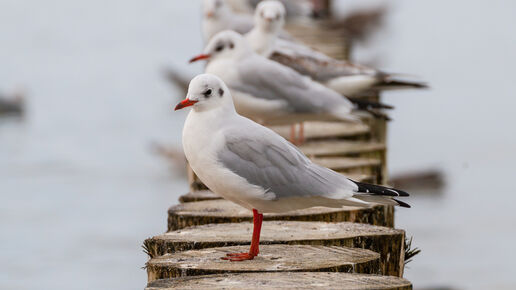News
EFSA revised its guidance on how to assess risks to honey bees, bumble bees and solitary bees from plant protection products, based on the latest scientific knowledge.
News
As an appetiser to the event, which is being streamed online live, we spoke to experts in this field to illustrate some of the scientific issues involved and the social and economic backdrop to these...
News
EFSA’s latest report on pesticide residues in food in the European Union is now available. It gives a snapshot of the residue levels found in a selection of commonly consumed products.
News
EFSA's experts identified potentially harmful health effects on the immune system.
Podcast
Resistance to antibiotics is a killer. Let’s save a precious resource!
Infographic
EFSA may obtain expert opinions and advice in specific cases from Individual Scientific Advisors (ISA) based on a fixed daily remuneration. The ISA scheme complements and supports EFSA’s scientific...
News
Veal calves should be housed in small groups during their first weeks of life and the use of individual pens should be avoided to improve their welfare.
Infographic
To improve the welfare of farmed calves, the animals should be kept in small groups with sufficient space to rest and given deformable bedding, while the use of individual pens should be avoided...
News
Consumer exposure to nitrosamines, compounds that can form in food during its preparation and processing, raises a health concern.
News
EFSA experts provisionally concluded that mineral oil saturated hydrocarbons (MOSH) do not pose a health concern.
News
The situation regarding avian influenza continues to evolve in Europe and globally, with reports of new outbreaks in birds and occasional infections in mammals.


